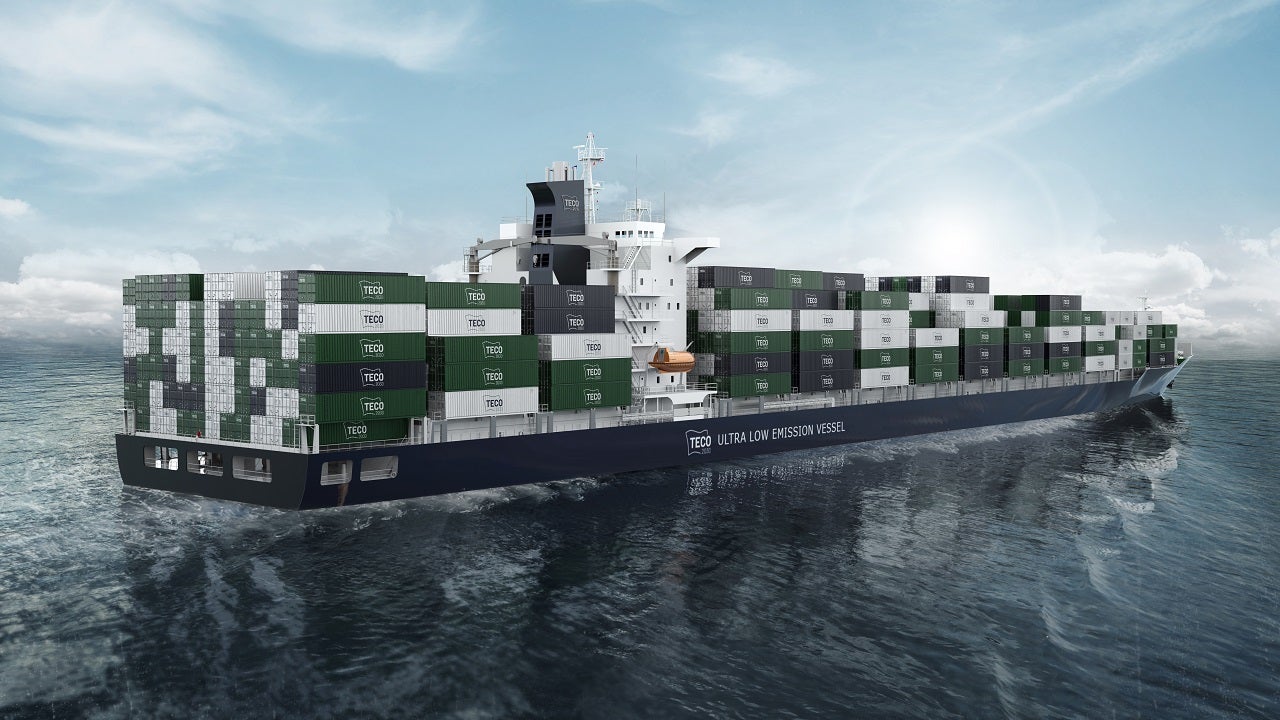
TECO 2030, an engineering and equipment development company, has launched a next-generation marine emission reduction system called TECO 2030 Future Funnel.
The Future Funnel has been developed to comply with existing and upcoming regulations in the marine industry.
The company said that the system is based on the first-generation TECO 2030 Future Funnel with added developments.
Additional emission reduction modules will begin to be integrated from next year.
The system has been developed in close collaboration with Austrian company AVL, an independent business that develops, simulates, and tests all types of powertrain systems.
TECO 2030 CEO Tore Enger said: “TECO 2030 Future Funnel is a unique concept of next-generation marine emission reduction system. The system will be ready for future regulations and in line with the initial IMO Greenhouse Gas (GHG) strategy. The Future Funnel will allow ships to reduce sulphur oxides, nitrogen oxides, black carbon, and particulate matter emissions.
“In addition, the system will be equipped with carbon capture and storage capabilities. The unique Future Funnel solution can provide shipowners with ‘Ultra Low Emission Vessel’ (ULEV) notation. Since more than 40% of the fuel mix in 2050 is expected to be fossil fuels, the Future Funnel will be a significant contributor to the IMO GHG goals.”
TECO 2030 chief development officer Shyam Thapa said: “This will be the most comprehensive emission reduction system for shipowners looking towards future-proofing their vessel operations on fossil fuel. The concept enables shipowners to receive ULEV and Low Emission Vessel (LEV) class notation even when running on high-sulphur fuel oil. This technology will also be an add-on to vessels that already have installed exhaust gas cleaning systems.”



